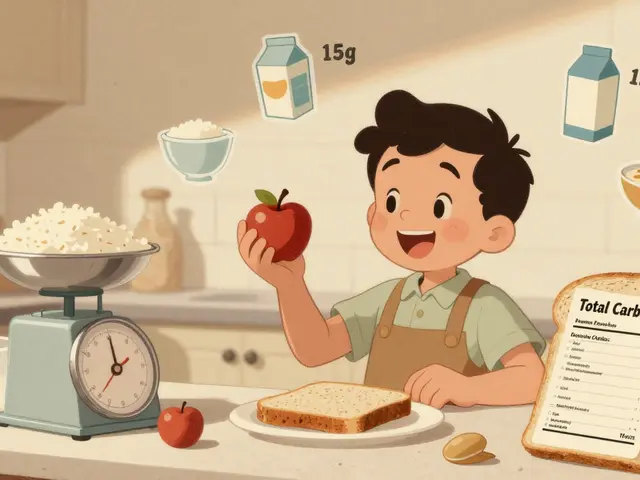Mental Health: Practical Tips, Resources, and the Latest Drug Info
Feeling overwhelmed, anxious, or just not yourself? You’re not alone. Mental health matters to everyone, and the good news is you can take simple steps every day to feel better. Below you’ll find easy‑to‑follow advice, reliable places to get help, and a quick look at how some medicines and supplements can impact your mood.
Understanding Mental Health Basics
First off, mental health isn’t a fixed state – it’s a mix of thoughts, feelings, and actions that change over time. Good mental health means you can handle stress, keep good relationships, and enjoy daily activities. Bad days happen, but if you notice persistent sadness, panic attacks, or trouble sleeping, it might be time to reach out.
Talking to a friend, a family member, or a professional can break the isolation. Many UK services, like the NHS mental health helpline and local charities, offer free confidential chats. If you’re not ready for a call, online forums and trusted websites (like Sore Dove Health) give solid, non‑judgemental info.
How Medication and Supplements Affect Your Mood
Sometimes a doctor prescribes medication to help balance brain chemicals. Common options include antidepressants (like sertraline), anti‑anxiety meds (like lorazepam), and mood stabilisers (like lithium). It’s crucial to follow the prescription, never share pills, and discuss side effects with your pharmacist.
We also see a lot of people asking about supplements – think chaga mushroom, bitter wood, or even over‑the‑counter sleep aids. While some can support overall wellbeing, they’re not a replacement for professional treatment. Always check with a GP before adding anything new, especially if you’re already on prescription drugs.
Our site has guides on buying safe online meds in the UK, so you know what to look for: a valid prescription, a licensed pharmacy, and clear pricing. Use those guides to avoid scams and protect your health.
Beyond meds, lifestyle tweaks make a big difference. Regular exercise, a balanced diet, and consistent sleep patterns boost serotonin and reduce stress hormones. Even short walks, a few minutes of deep breathing, or a hobby can lift your mood fast.
If you’re dealing with chronic conditions like diabetes or allergies, managing those illnesses also helps mental health. Uncontrolled blood sugar or constant sneezing can wear you down mentally. Follow your treatment plan and talk to your doctor about any emotional side effects.
Remember, mental health is a journey, not a destination. Celebrate small wins – a calmer morning, a better night’s sleep, or a conversation where you felt heard. Keep a simple journal to track what helps and what doesn’t; over time you’ll spot patterns and know what to adjust.
Need more specific advice? Browse our tag pages for articles on anxiety‑relief supplements, how to buy safe antidepressants online, or ways to manage stress during allergy season. Each piece is written for everyday people, so you won’t get lost in medical jargon.
Take the first step today: pick one tip, try it for a week, and see how you feel. Whether it’s a short walk, a chat with a friend, or checking out a trusted medication guide, you’re moving toward better mental health. You deserve to feel your best, and there are tools right at your fingertips to help you get there.
Maximize Your Well-being with Lithium: The Surprising Supplement for Mental Health
Explore the overlooked benefits of lithium as a dietary supplement, its role in mental health, daily sources, safety tips, and practical guidance for boosting your well-being.





